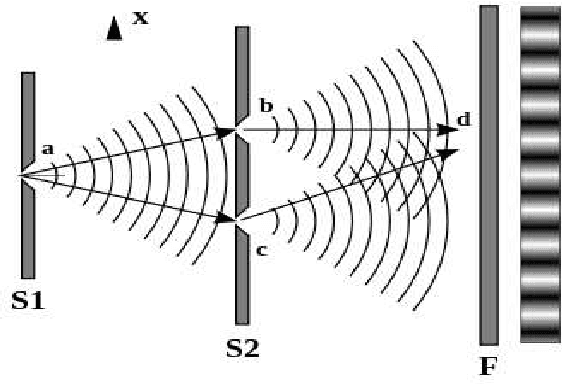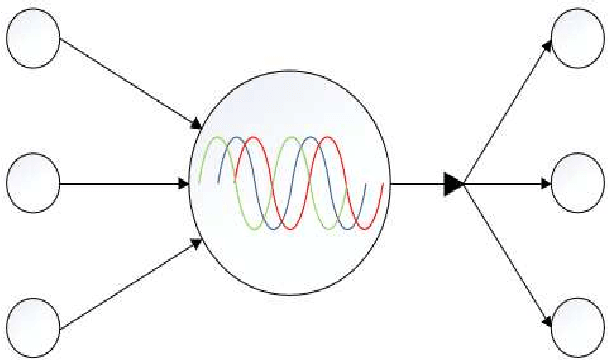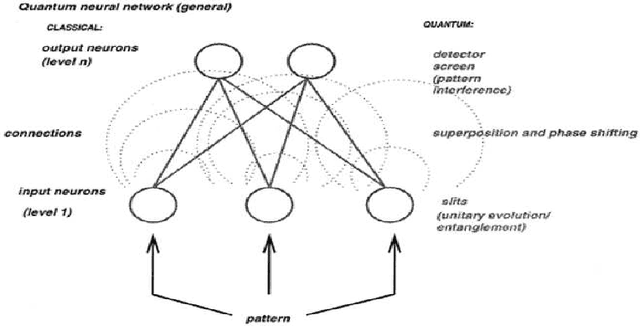Xiaoxiao Chen
AutoLugano: A Deep Learning Framework for Fully Automated Lymphoma Segmentation and Lugano Staging on FDG-PET/CT
Dec 08, 2025



Abstract:Purpose: To develop a fully automated deep learning system, AutoLugano, for end-to-end lymphoma classification by performing lesion segmentation, anatomical localization, and automated Lugano staging from baseline FDG-PET/CT scans. Methods: The AutoLugano system processes baseline FDG-PET/CT scans through three sequential modules:(1) Anatomy-Informed Lesion Segmentation, a 3D nnU-Net model, trained on multi-channel inputs, performs automated lesion detection (2) Atlas-based Anatomical Localization, which leverages the TotalSegmentator toolkit to map segmented lesions to 21 predefined lymph node regions using deterministic anatomical rules; and (3) Automated Lugano Staging, where the spatial distribution of involved regions is translated into Lugano stages and therapeutic groups (Limited vs. Advanced Stage).The system was trained on the public autoPET dataset (n=1,007) and externally validated on an independent cohort of 67 patients. Performance was assessed using accuracy, sensitivity, specificity, F1-scorefor regional involvement detection and staging agreement. Results: On the external validation set, the proposed model demonstrated robust performance, achieving an overall accuracy of 88.31%, sensitivity of 74.47%, Specificity of 94.21% and an F1-score of 80.80% for regional involvement detection,outperforming baseline models. Most notably, for the critical clinical task of therapeutic stratification (Limited vs. Advanced Stage), the system achieved a high accuracy of 85.07%, with a specificity of 90.48% and a sensitivity of 82.61%.Conclusion: AutoLugano represents the first fully automated, end-to-end pipeline that translates a single baseline FDG-PET/CT scan into a complete Lugano stage. This study demonstrates its strong potential to assist in initial staging, treatment stratification, and supporting clinical decision-making.
Towards Human-Like Grading: A Unified LLM-Enhanced Framework for Subjective Question Evaluation
Oct 09, 2025Abstract:Automatic grading of subjective questions remains a significant challenge in examination assessment due to the diversity in question formats and the open-ended nature of student responses. Existing works primarily focus on a specific type of subjective question and lack the generality to support comprehensive exams that contain diverse question types. In this paper, we propose a unified Large Language Model (LLM)-enhanced auto-grading framework that provides human-like evaluation for all types of subjective questions across various domains. Our framework integrates four complementary modules to holistically evaluate student answers. In addition to a basic text matching module that provides a foundational assessment of content similarity, we leverage the powerful reasoning and generative capabilities of LLMs to: (1) compare key knowledge points extracted from both student and reference answers, (2) generate a pseudo-question from the student answer to assess its relevance to the original question, and (3) simulate human evaluation by identifying content-related and non-content strengths and weaknesses. Extensive experiments on both general-purpose and domain-specific datasets show that our framework consistently outperforms traditional and LLM-based baselines across multiple grading metrics. Moreover, the proposed system has been successfully deployed in real-world training and certification exams at a major e-commerce enterprise.
Opening the black box of deep learning
May 22, 2018



Abstract:The great success of deep learning shows that its technology contains profound truth, and understanding its internal mechanism not only has important implications for the development of its technology and effective application in various fields, but also provides meaningful insights into the understanding of human brain mechanism. At present, most of the theoretical research on deep learning is based on mathematics. This dissertation proposes that the neural network of deep learning is a physical system, examines deep learning from three different perspectives: microscopic, macroscopic, and physical world views, answers multiple theoretical puzzles in deep learning by using physics principles. For example, from the perspective of quantum mechanics and statistical physics, this dissertation presents the calculation methods for convolution calculation, pooling, normalization, and Restricted Boltzmann Machine, as well as the selection of cost functions, explains why deep learning must be deep, what characteristics are learned in deep learning, why Convolutional Neural Networks do not have to be trained layer by layer, and the limitations of deep learning, etc., and proposes the theoretical direction and basis for the further development of deep learning now and in the future. The brilliance of physics flashes in deep learning, we try to establish the deep learning technology based on the scientific theory of physics.
 Add to Chrome
Add to Chrome Add to Firefox
Add to Firefox Add to Edge
Add to Edge